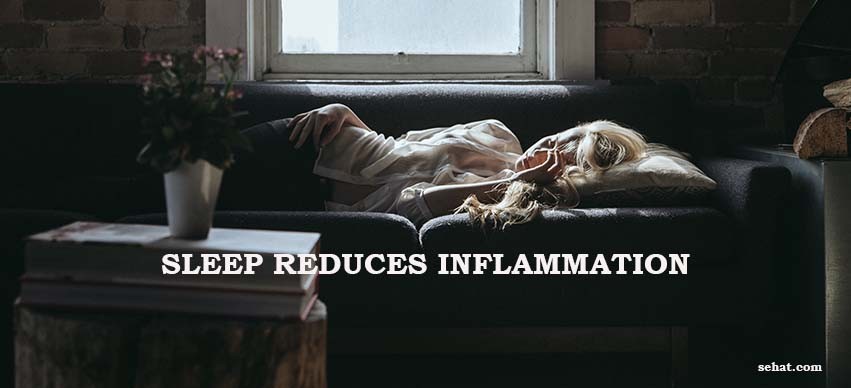How Communities Are Changing the Way We Think About Aging in..
8 Min Read


It may seem obvious that sleep is beneficial. Even without fully grasping what sleep does for us, we know that going without sleep for too long makes us feel terrible, and that getting a good night's sleep can make us feel ready to take on the world. Scientists have gone to great lengths to fully understand sleep benefits. In studies of humans and other animals, they have discovered that sleep plays a critical role in immune function, metabolism, memory, learning, and other vital functions. The features in this section explore these discoveries and describe specific ways in which we all benefit from sleep. Although stress, shift work, and age-related sleep disturbances are just some of many factors that can interfere with an individual's ability to obtain sufficient sleep, there are ways to mitigate their effects and get the sleep you need. When we miss sleep in order to keep up with our 24/7 world, we pay a price with our ability to learn, our health and safety, and our quality of life.

Heart attacks and strokes are more common during the early morning hours. This fact may be explained by the way sleep interacts with the blood vessels. Lack of sleep has been associated with worsening of blood pressure and cholesterol, all risk factors for heart disease and stroke. Your heart will be healthier if you get between 7 and 9 hours of sleep each night.
People working the late shift have a higher risk for breast and colon cancer. Researchers believe this link is caused by differing levels of melatonin in people who are exposed to light at night. Light exposure reduces the level of melatonin, a hormone that both makes us sleepy and is thought to protect against cancer. Melatonin appears to suppress the growth of tumors. Be sure that your bedroom is dark to help your body produce the melatonin it needs.

When your body is sleep deficient, it goes into a state of stress. The body's functions are put on high alert which causes an increase in blood pressure and a production of stress hormones. Higher blood pressure increases your risk for heart attacks and strokes. The stress hormones also, unfortunately, make it harder for you to sleep. Learn relaxation techniques to counter the effects of stress. There are also stress reduction techniques for sleep.

The increase in stress hormones raises the level of inflammation in your body, also creating more risk for heart-related conditions, as well as cancer and diabetes. Inflammation is thought to be one of the causes of the deterioration of your body as you age.

Of course, a good night's sleep makes you feel energized and alert the next day. Being engaged and active not only feels great, it increases your chances for another good night's sleep. When you wake up feeling refreshed, use that energy to get out into the daylight, do active things, and be engaged in your world. You'll sleep better the next night and increase your daily energy level.

Researchers do not fully understand why we sleep and dream, but a process called memory consolidation occurs during sleep. While your body may be resting, your brain is busy processing your day, making connections between events, sensory input, feelings and memories. Your dreams and deep sleep are an important time for your brain to make memories and links. Getting more quality sleep will help you remember and process things better.
Researchers have also found that people who sleep less than seven hours per night are more likely to be overweight or obese. It is thought that the lack of sleep impacts the balance of hormones in the body that affect appetite. The hormones ghrelin and leptin, important for the regulation of appetite, have been found to be disrupted by lack of sleep. So if you are interested in controlling or losing weight, don't forget to pay attention to getting a good night's sleep.

Napping during the day is not only an effective and refreshing alternative to caffeine, it can also protect your health and make you more productive. A study of 24,000 Greek adults showed that people who napped several times a week had a lower risk for dying from heart disease. People who nap at work have much lower levels of stress. Napping also improves memory, cognitive function and mood.